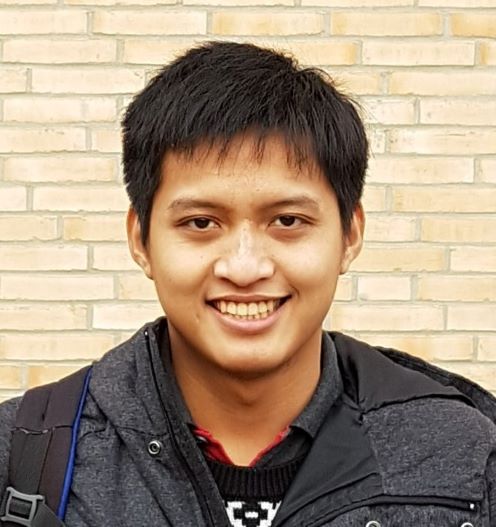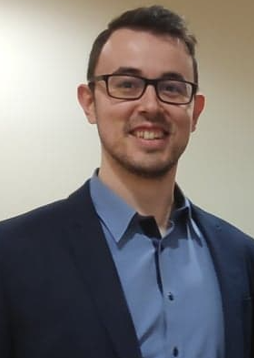Durra Handri Saputera

PhD topic: Borehole electromagnetic modeling and inversion
| Affiliation: | University of Bergen |
| Supervisor: | Morten Jakobsen |
| Co-Supervisor: | Sergey Alyaev, Nazanin Jahani, Kjersti Solberg Eikrem |
| Associated Epic: | Real-time geophysical data imaging while drilling |
| Period: | 2022 – 2025 |
I have a keen interest in modeling geophysical data. I graduated from Idea League joint master program in Applied Geophysics, which is held at TU Delft, ETH Zurich and RWTH Aachen, and I worked on electromagnetic induction inversion in my master thesis.
In this project, I will be working on borehole electromagnetic induction tool data inversion to provide the subsurface image around the borehole during the drilling process. I am going to study on implementation of finite difference and integral equation numerical method for fast and accurate forward modeling.
For the inversion, I will explore different parameterization and algorithm that can be used for stochastic inversion to quantify uncertainty. In addition, I am going to study the effect of anisotropy in the inversion. Data-driven method such as physics-based machine learning is also considered as one possible alternative for fast computation.
Marios Gkionis

PhD topic: Extremum seeking control using ideas from reinforcement learning
| Affiliation: | NTNU, Department of Engineering Cybernetics |
| Supervisor: | Ole Morten Aamo |
| Co-Supervisor: | Associate Professor Bjarne Andre Grimstad, Dr. John-Morten Godhavn and Dr. Ulf Jakob Flø Aarsnes |
| Associated Epic: | Distributed Drilling Control |
| Period: | 2022 – 2025 |
I am educated in Mechanical Engineering (received my Integrated Master’s degree with honors from the Aristotle University of Thessaloniki, Greece in 2020). I hold experience in dynamics simulations and NMPC control.
The goal of the PhD project is to develop Real-Time optimization control algorithms that improve the performance of traditional Extremum Seeking Control (ESC) by combining it with algorithms from the Machine Learning family. It is expected that this extension will result in the ability to identify optimal dither signals for high-dimensional systems so that faster convergence can be achieved with reduced excitation using stored data.
Using state-of-the-art implementations, the approach is to connect known shortcomings of ESC with Reinforcement Learning and/or Deep Learning and formulate new implementations. The new and improved algorithms will be tested and demonstrated on applications of relevance to the DigiWells partners.